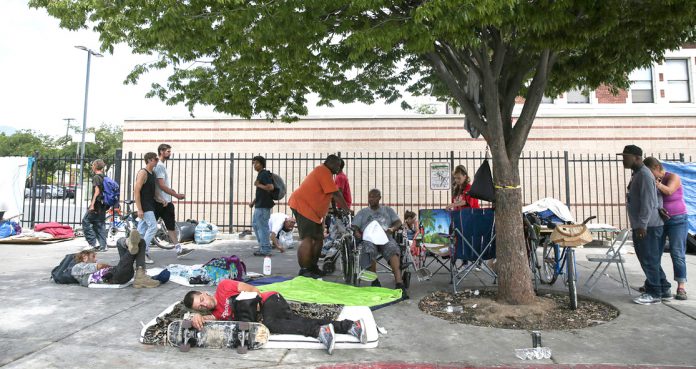Arizona has been seeing a surge in hepatitis A cases, especially in the Tucson area and in metro Phoenix, according to health officials.
The outbreak of hepatitis A started in November and since then, cases have continued to surge despite efforts to step up immunization.
The Arizona Republic has reported that the outbreak could take months to harness.
Most hepatitis A cases have been reported among people who are homeless and have precarious housing situations. Also, it has been reported among those who use illicit drugs.
People are who are homeless are more vulnerable to the infection because it easily spreads when people do not have access to or maintain good hygiene. It also spreads to those who do not wash their hands thoroughly after using the restroom. Please note that Hepatitis A may also spread through contaminated water and food.
In 2019, Arizona has reported 212 cases so far, which is higher than any yearly statewide total in more than 10 years. And Arizona health officials are expecting that the number would rise.
Public health officials said that many of those infected by the virus had to be hospitalized; however, there have been no deaths from the infection this year.
Hepatitis A is a contagious disease that causes the liver to swell, leading to jaundice, weakness, stomach pain, nausea, and diarrhea. A simple blood test is the best way to confirm the diagnosis.
Pima County Health Department’s Deputy Director Paula Mandel said, “The majority of Arizona’s hepatitis A cases have been concentrated in the Tucson area.”
In Phoenix, medical providers are trying to vaccinate those who are at risk, according to Dr. Rebecca Sunenshine, medical director for disease control at the Maricopa County Department of Public Health. She said, “More than 90 percent of the cases in the county have required hospitalization.”
Dr. Sunenshine said, “In Maricopa County, hepatitis A has been detected among people who have recently been in jail, along with the homeless and those who misuse drugs.”
The hepatitis A vaccine is administered in two doses six months apart. Along with getting immunized, public health officials recommend washing your hands with soap and water after using the restroom, and before preparing or eating food, and avoiding sexual activity with anyone who has hepatitis A. You should also avoid sharing towels eating utensils, food, drinks, toothbrushes, smokes, or drugs with other people.






















